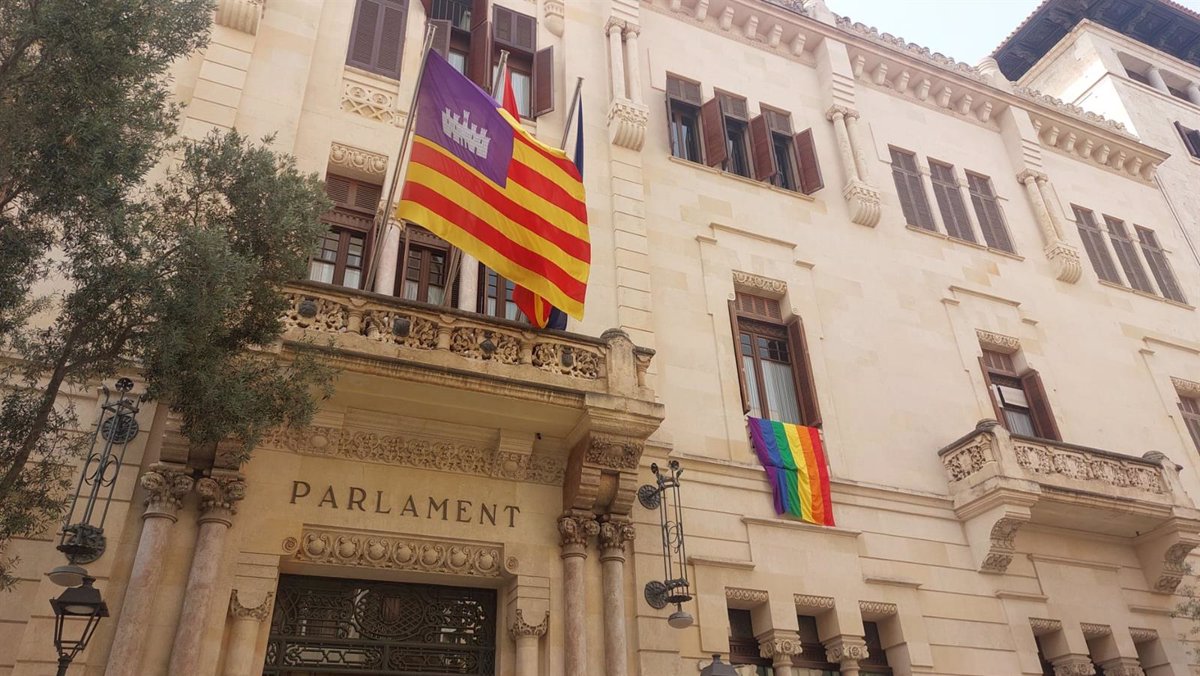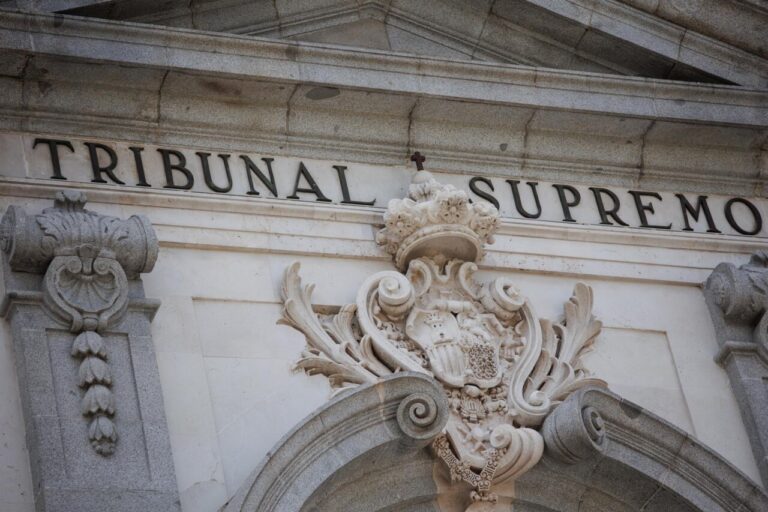The Supreme Court (SC) has settled the question of whether or not public buildings should fly the flag of the LGTBIQ community, something recurrent every June 28, when Gay Pride Day is celebrated. According to the magistrates, this flag does not violate a law since “it is not a sign or symbol of partisan significance and does not advocate any confrontation”. According to the SC, flying this flag does not go against Law 39/1981, of October 2, which regulates the use of the flag of Spain and other flags and ensigns, nor does it violate the principles of objectivity and neutrality of the Public Administrations. The court holds that the LGBTI flag “is projected in favor of equality among people, a value recognized by the Constitution and by the Charter of Fundamental Rights of the European Union”. In addition, the Contentious-Administrative Chamber recalls that Articles 14 and 9.2 of the Magna Carta advocate overcoming discrimination based on any personal circumstance and Article 21.1 of the European document calls for the proscription of all forms of discrimination based on sexual orientation. The Supreme Court has thus ruled on two appeals: one by Christian Lawyers against a ruling of the High Court of Justice (TSJ) of Aragon, which it rejects; and another by the Provincial Council of Valladolid against a ruling of the TSJ of Castile and Leon, which it upholds. In the case of Aragon, the LGBTI flag was displayed on the main balcony of the Zaragoza City Hall. In Castilla y León, the rainbow flag flew in the inner courtyard of the Provincial Council of Valladolid. Christian Lawyers appealed in both cases and the matter, after passing through the courts of these autonomous communities, has ended up on the table of the Supreme Court. In turn, the magistrates have pointed out that Law 4/2023, of February 28, for the real and effective equality of trans people and for the guarantee of the rights of LGTBI people, which ratifies the right not to be discriminated against on the basis of sexual orientation.
Critical voices
Despite the Court’s resolution, there was one magistrate who was against flying the LGBTI flag. José Luis Requero Ibáñez has disagreed with the majority of the court by considering that placing the rainbow flag on a public building infringes the obligation of neutrality and objectivity of Public Administrations provided for in Article 103.1 of the Constitution. The magistrate argues that the LGTBI movement refers to “acronyms that bring together various sexual tendencies that support various postulates, including those of the so-called gender ideology, which are not peaceful and with respect to which there is division in society, either by reason of beliefs or ideology”. In this sense, he maintains that “one thing is the achievement of objectives inspired, according to the law, in plausible principles such as those of equality, respect, inclusion and tolerance and another that a public administration goes beyond the fulfillment of these legally foreseen objectives and comes to flag – the expression is intentional – some controversial ideological postulates that are behind the symbol that triggers the litigation”. As in different administrations throughout Spain, the display of the rainbow flag in the Balearic Parliament had generated controversy last June 28. On the one hand, Vox had criticized the PP for this gesture, which it had considered as a challenge. Other sectors, such as MÉS, had defended it: “Public administrations have the duty to defend the rights of LGTBIQ people, make their struggle visible and respond to the aggressions, discriminations and stigmatizations they suffer”, said the deputy Marta Carrió.










